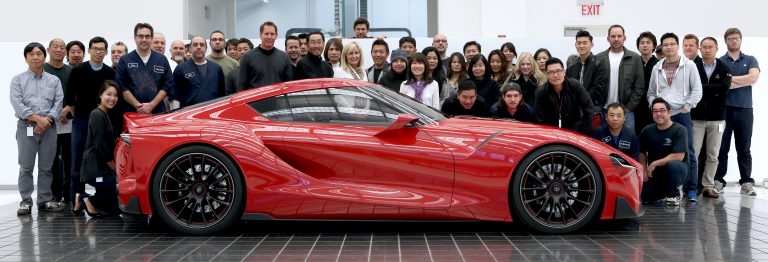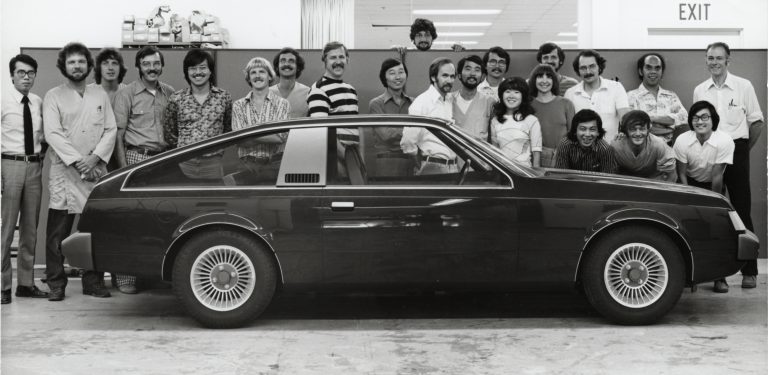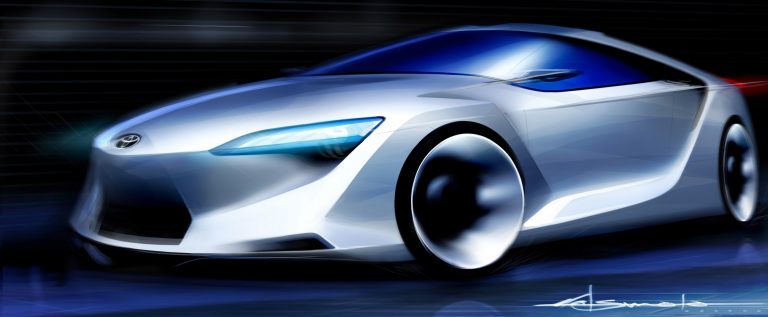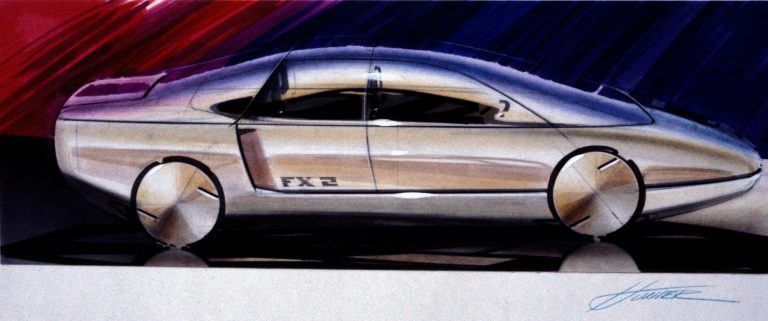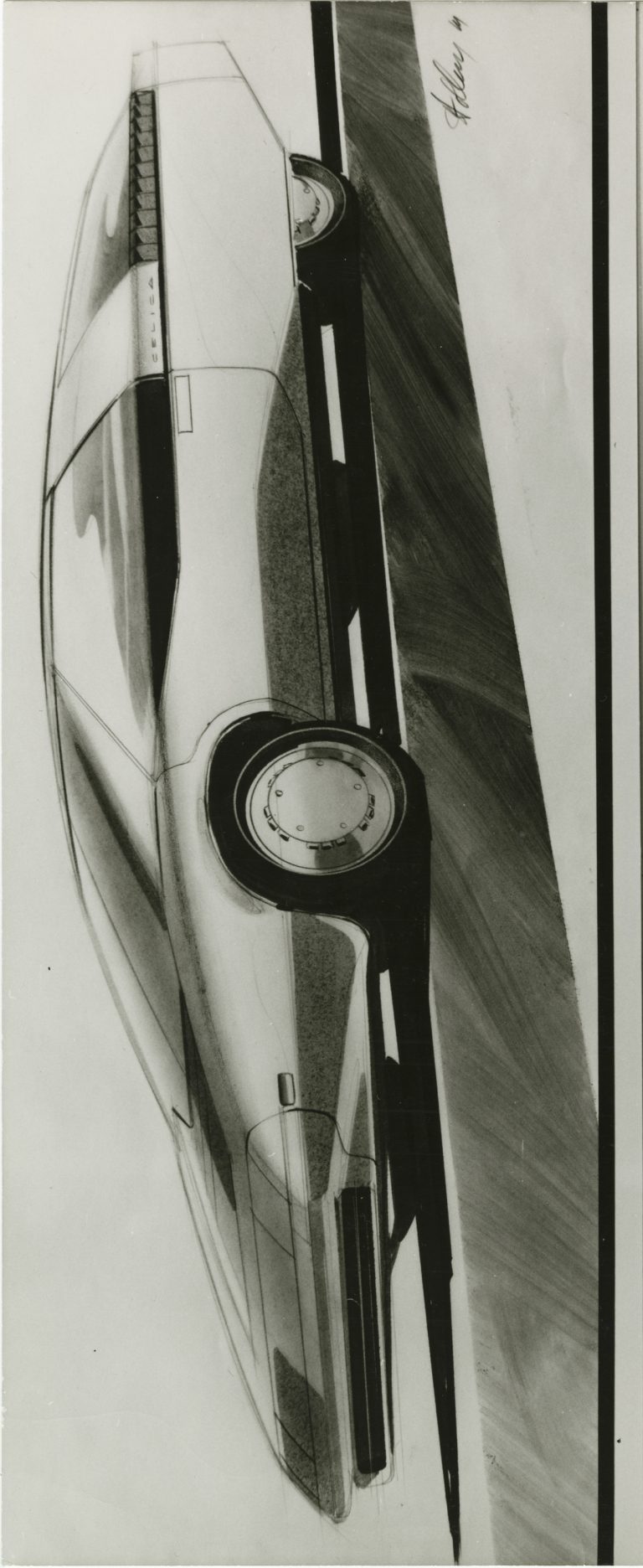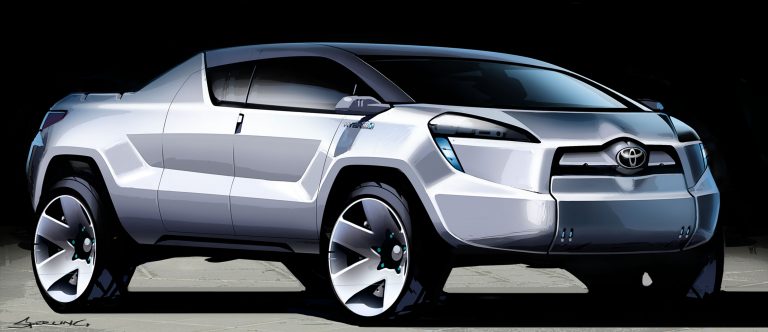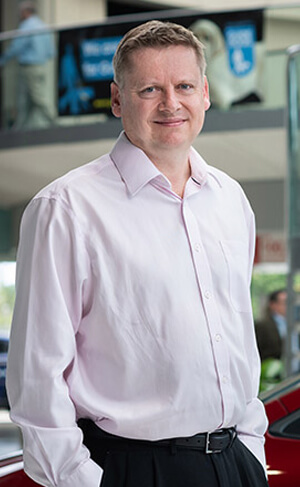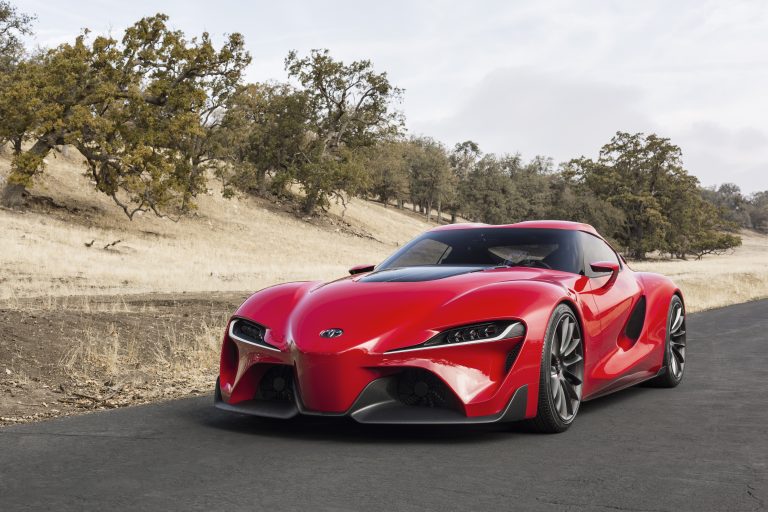Calty: Home Of The Toyota FT-1
Toyota’s FT-1 coupe concept was a show-stealing success when it broke cover in Detroit in January. Much credit for the car’s huge impact is due to the work of Calty, the West Coast studio that’s been spearheading Toyota’s new design thinking for more than 40 years.
The team’s success is reflected in the fact that around 75 per cent of the concepts it has created have subsequently gone into production. Fans might see this as auguring well for the prospect of the FT-1 making it into showrooms, but at present the high-performance sports car remains purely a concept model.
Calty – an amalgam of California and Toyota – was established in 1973 as a beachhead for Toyota design in North America and was the first studio to be opened by a major motor manufacturer in the state.
In the early days, its activities were kept firmly under wraps: “Given the security surrounding vehicle design, we kept it as a hush-hush operation. Some locals thought we were a small manufacturing facility, or even selling T-shirts. Early on, it was so low profile, we were not allowed business cards,” said Doris Kusumoto, Calty’s Financial Manager.
The team developed their ideas and their influence, celebrating their first design to go into production, the Celica Liftback, in 1978. In the same year Calty moved to Newport Beach, where today it employs 65 people in an 8,000m2 design space. Designs are generated using a full range of creative skills, from sketching and clay modelling to CAD programs and fabrication.
Calty gained prominence as Toyota’s status grew in the global market, earning more design responsibility and influence. In the late 1980s, its designers focused on coupe studies, leading to the development of the original Lexus SC, a model that made a strong visual statement about what the young luxury brand stood for.
With a growing emphasis on regionalising product development, Calty opened a subsidiary design centre in Ann Arbor, Michigan, in 2004. This made for easy collaboration with the nearby Toyota Technical Centre to support local production design efforts such as Tundra and Avalon for the American market. Keeping pace with advances in global technology, Calty added the Toyota Innovation Hub in San Francisco. Strategically locate close to Silicon Valley, this entre was an important step in Toyota’s mission to work closely with new technology, social media and design enterprises.
The FT-1 symbolises, in the words of Calty president Kevin Hunter, “a new chapter for Toyota global design”. He said: “We see FT-1 as symbolic of an evolution in our mission as we move toward designs that better balance key emotional and rational elements as part of our brand promise.
“Calty will be integral in the movement to bring more emotional, more satisfying and engaging Toyota designs to market.”

